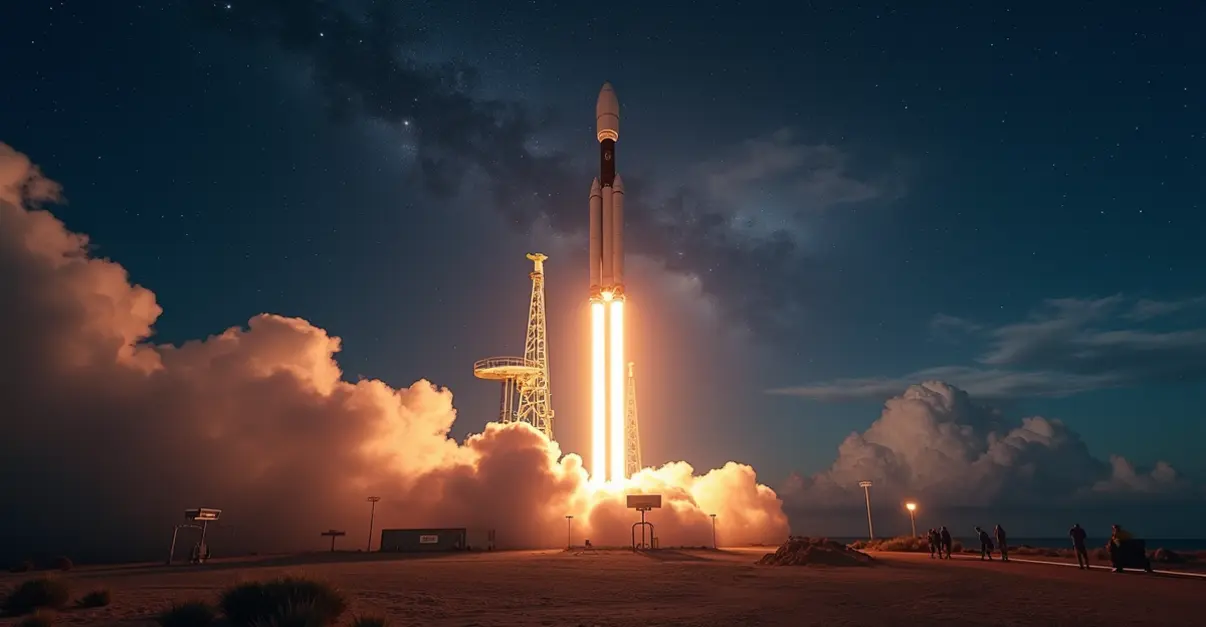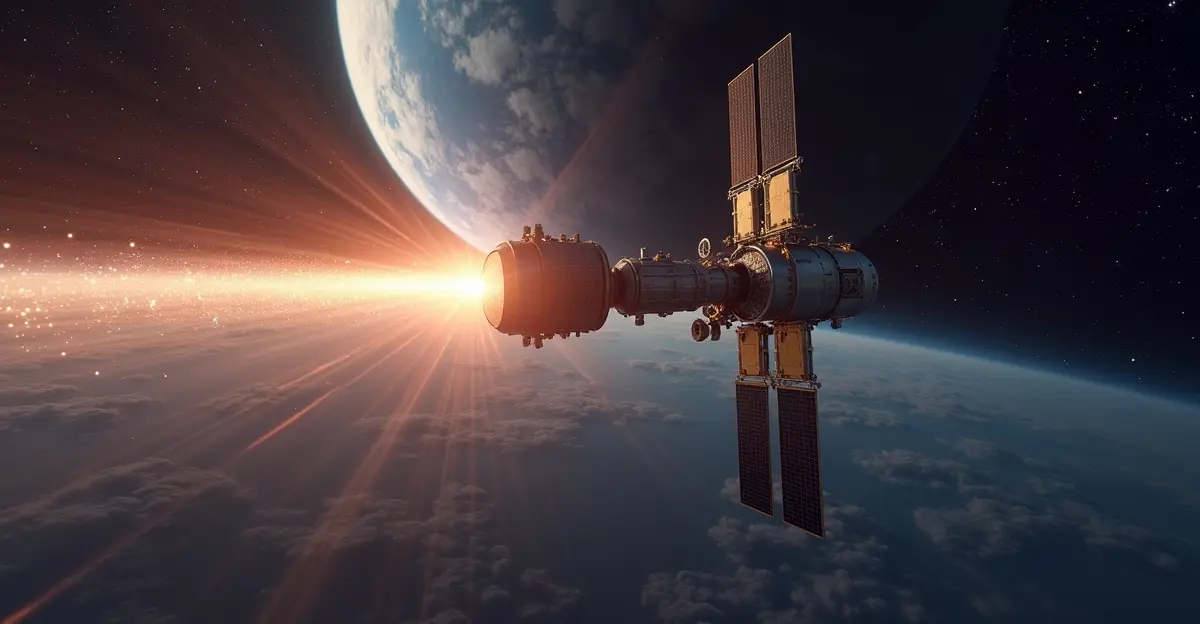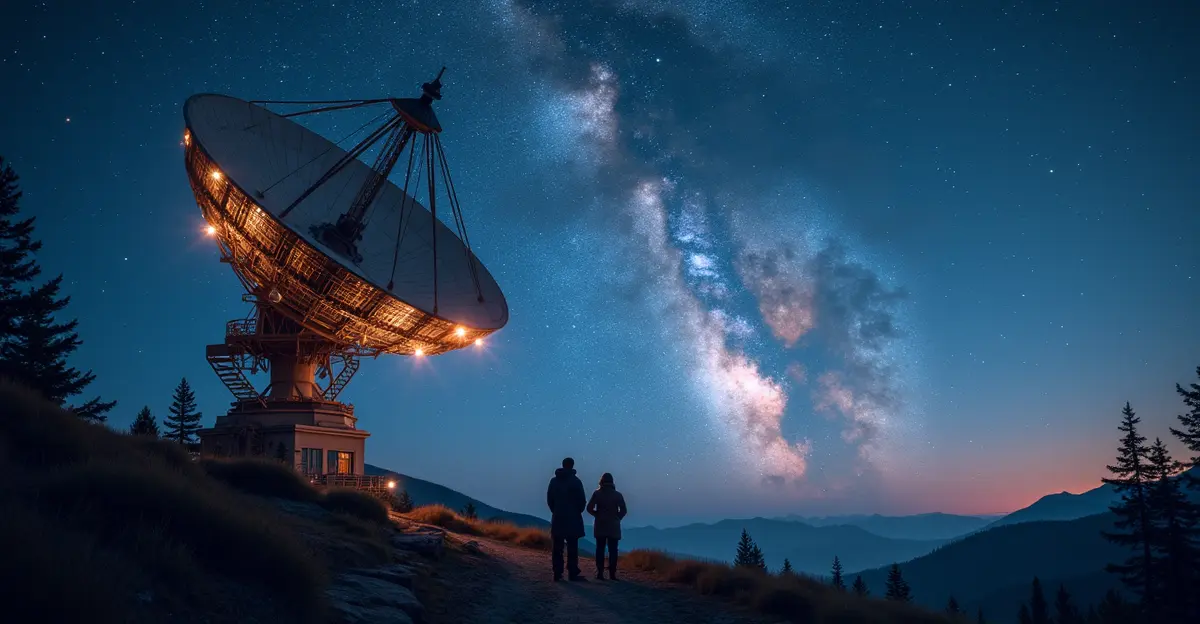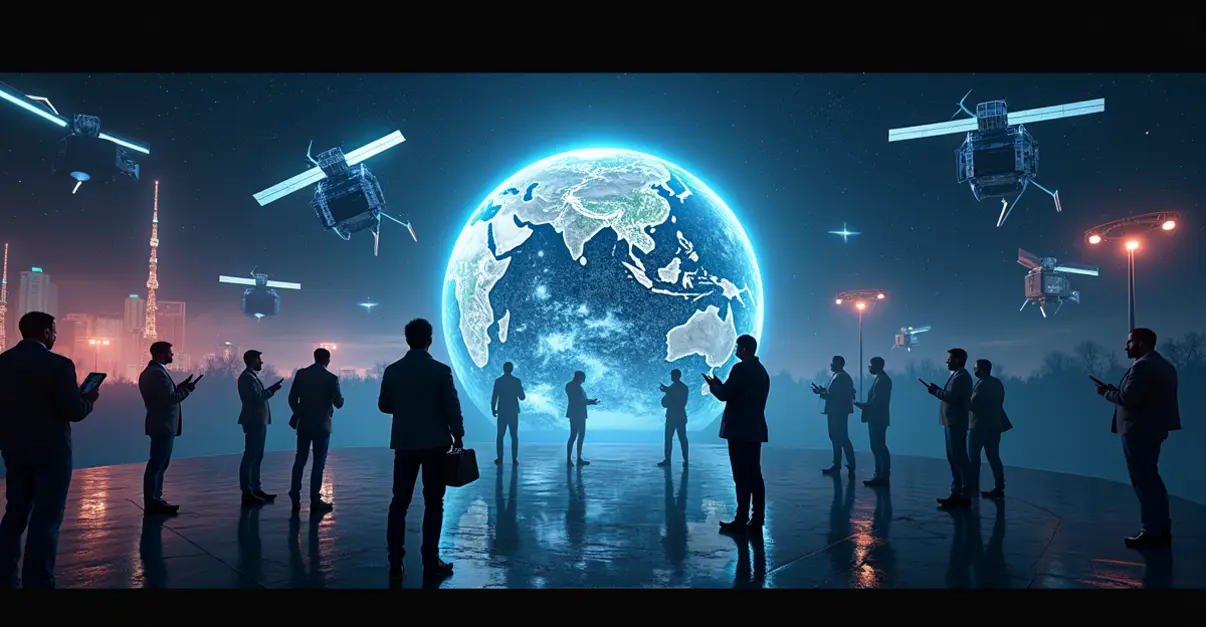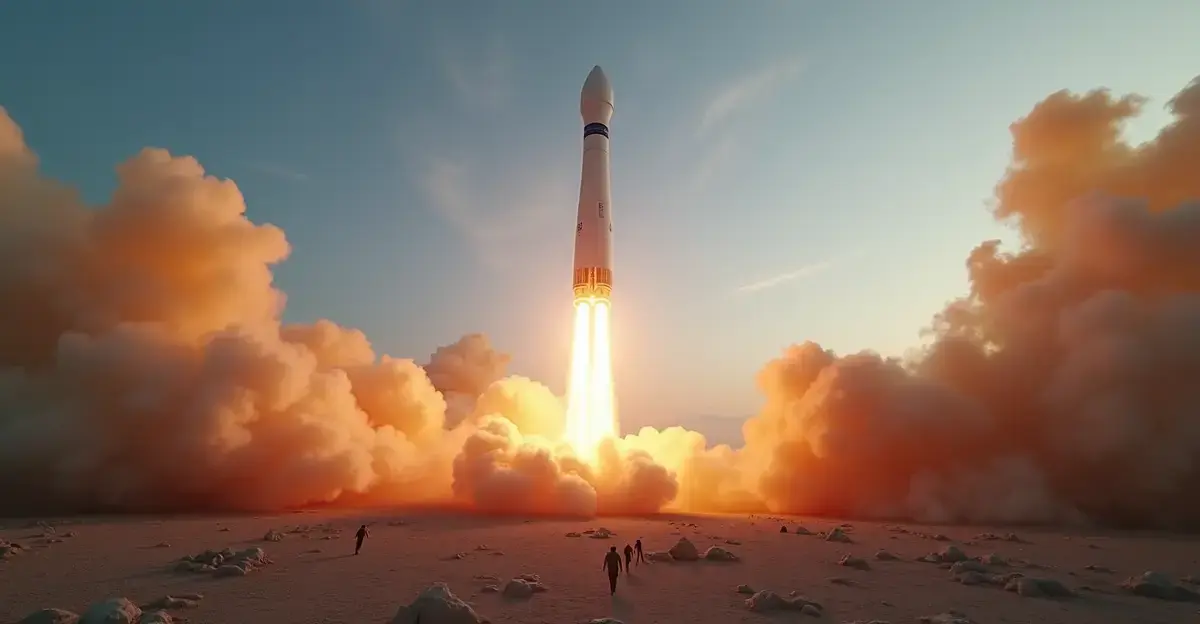SpaceX Reaches Major Milestone with 10,000th Satellite Launch
SpaceX has achieved a significant milestone in its ambitious Starlink project, launching its 10,000th satellite into orbit on October 20, 2025. The historic launch occurred during a double-header mission that saw two Falcon 9 rockets take off within hours of each other from Cape Canaveral, Florida and Vandenberg Space Force Base, California, each carrying 28 Starlink satellites. This brings the total number of satellites delivered to low-Earth orbit to 10,006, with approximately 8,680 currently active and operational.
Global Internet Coverage Expansion
The Starlink constellation now represents approximately 70% of all active satellites worldwide and serves over 7 million subscribers globally. 'This milestone demonstrates our commitment to providing global broadband connectivity, especially in underserved and remote areas,' said a SpaceX spokesperson. The service has been particularly crucial in conflict zones like Ukraine, where it has provided vital battlefield communications.
SpaceX continues to innovate with its satellite technology, currently deploying V2 Mini satellites and planning to launch even larger V3 satellites on Starship rockets starting next year. The company recently filed with the FCC to launch an additional 15,000 satellites for its direct-to-device service using mobile satellite service spectrum acquired from EchoStar.
Growing Concerns and Criticism
Space Debris and Environmental Impact
Despite the technological achievement, SpaceX faces mounting criticism from astronomers, environmentalists, and space safety experts. 'We're seeing up to four Starlink satellites deorbiting daily, and this trend will only increase as the constellation grows,' warns astronomer Jonathan McDowell. While most satellites burn up safely in the atmosphere, experts are concerned about atmospheric pollution from released aluminum oxide particles and the growing space debris problem.
The increasing frequency of uncontrolled reentries raises urgent questions about space waste management. 'Several times a year we're taking these potshots at people on the Earth,' McDowell told Daily Galaxy, highlighting the potential safety risks from falling debris.
Astronomical Interference
Astronomers report that Starlink satellites create significant problems for scientific research through both light pollution and radio frequency interference. The satellites create bright streaks in telescope images and emit electromagnetic radiation that disrupts radio astronomy observations. 'The scale of the problem requires broader solutions,' according to experts cited by Scientific American.
Despite SpaceX's efforts to mitigate these issues through design changes like dark materials and dielectric mirror films, astronomers say more improvements are needed. The situation has been described as a 'Wild West' with minimal regulation, affecting observatories worldwide and threatening the discovery of unexpected cosmic phenomena.
Future Expansion and Regulatory Challenges
SpaceX has plans to expand the Starlink constellation to 12,000 satellites and potentially up to 34,400 in the future. The company's launch cadence has accelerated dramatically, with 132 Falcon 9 launches this year alone. One Falcon 9 booster recently completed its 31st flight, with certification for up to 40 flights planned.
However, the rapid expansion faces regulatory hurdles and international scrutiny. The International Astronomical Union's Center for the Protection of the Dark and Quiet Sky is working with companies to address these concerns, but experts emphasize that international cooperation is essential as the issue affects observatories worldwide.
As SpaceX celebrates this milestone, the debate continues between technological progress and the preservation of scientific research capabilities and space environment safety. The company maintains that it is committed to responsible space operations while pursuing its vision of global internet connectivity.

 Nederlands
Nederlands
 English
English
 Deutsch
Deutsch
 Français
Français
 Español
Español
 Português
Português
